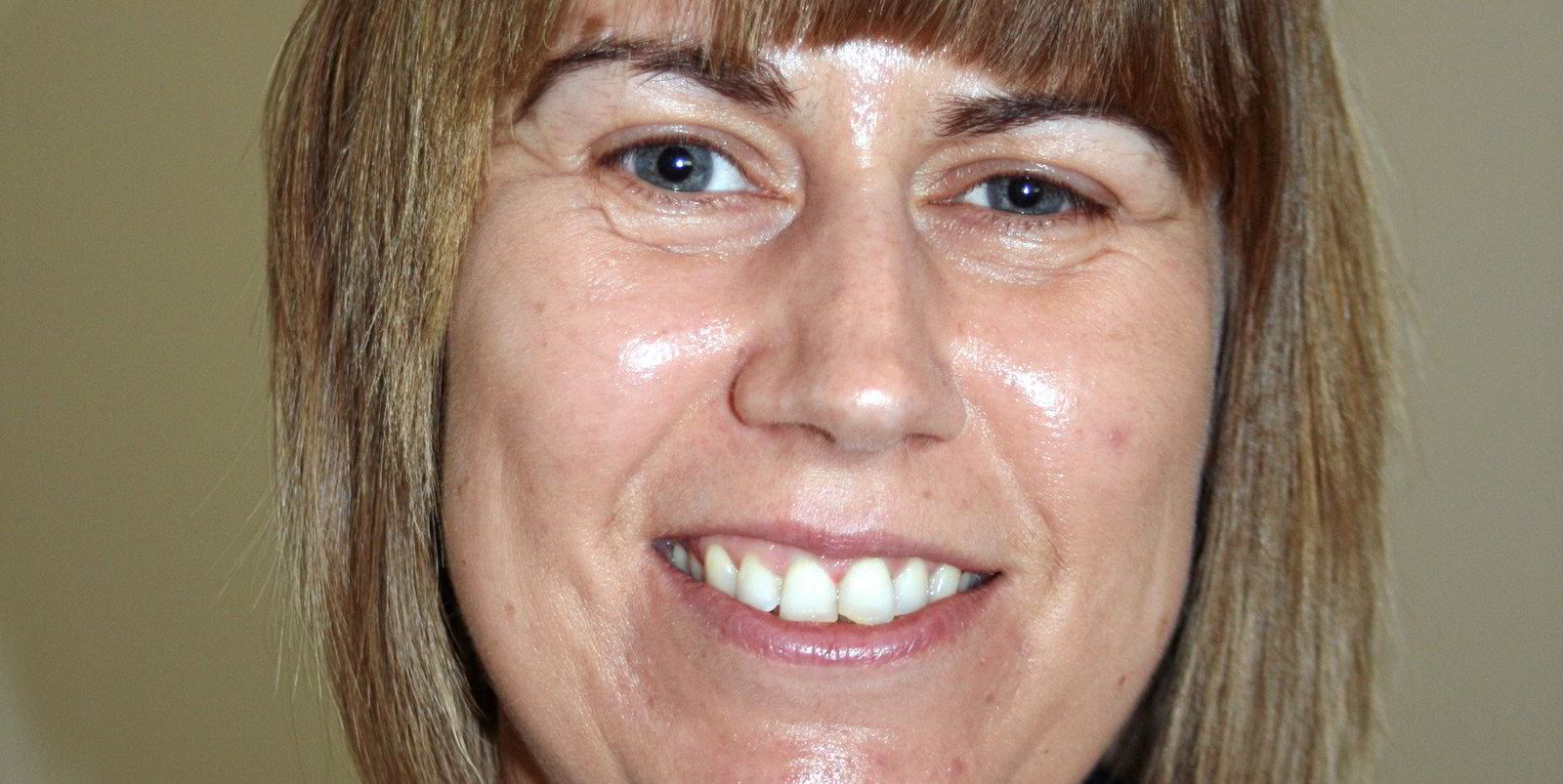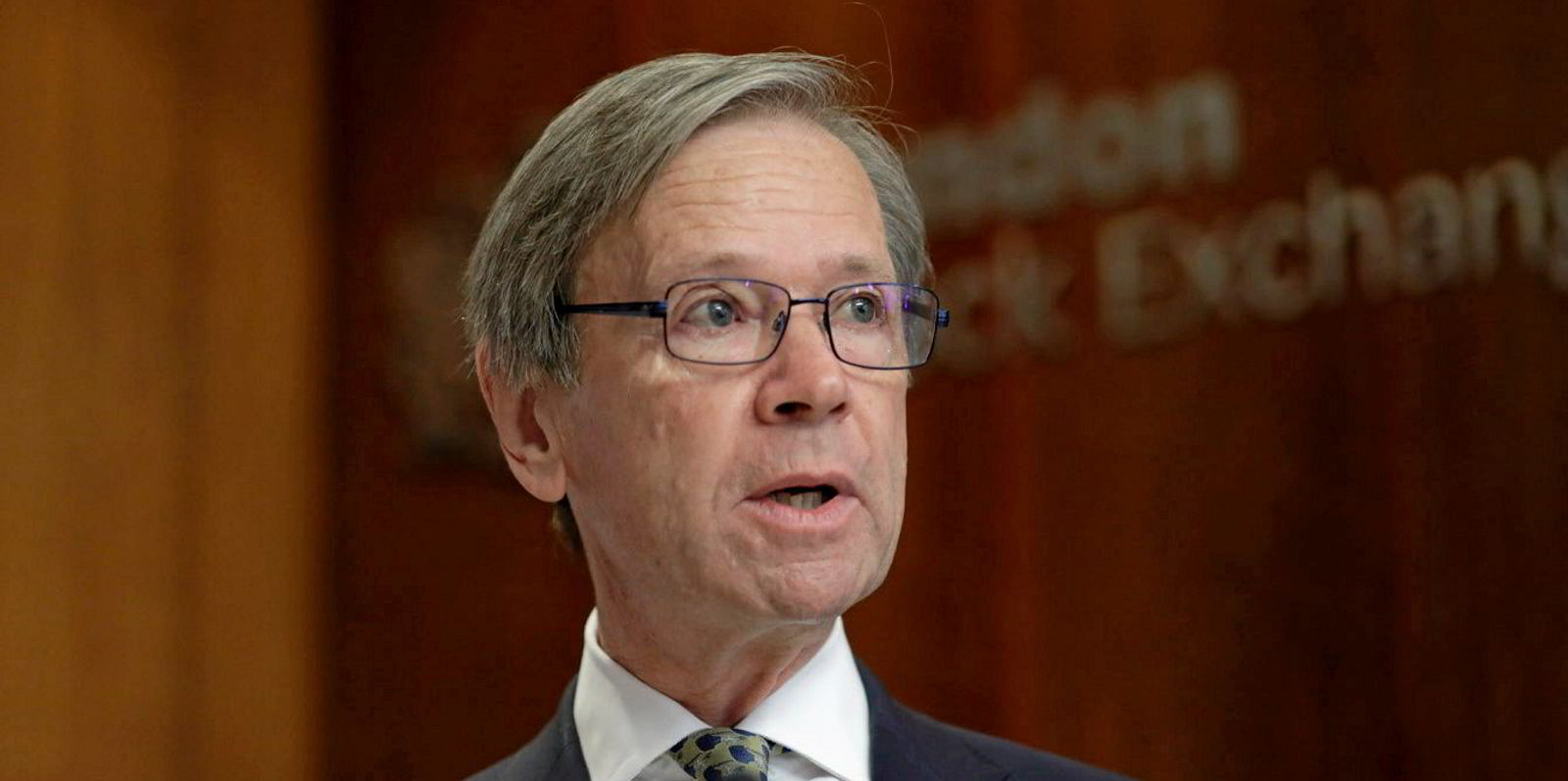Shipping’s bid to decarbonise should take inspiration from the rapid development of coronavirus vaccinations, two shipping executives told the London International Shipping Week (LISW) conference.
Just as vaccinations were developed in less than a year, in response to a global health crisis, decarbonisation technology could also be fast tracked to solve the global environmental crisis, they suggested.
Responding to a question from the floor on whether Covid-19 vaccines showed how quickly the world can respond to a crisis, Lyras Maritime chief executive Markos Lyras, chief executive said the suggestion was a “perfect comparison”.
He said just like vaccine development, the lead time on decarbonisation technology needs to shrink from 10 years to one year.
“We need to get to the solution as quickly and as affordably as possible,” he said.
Cargill Ocean Transportation president Jan Dieleman said the idea is an “interesting and inspiring one”.
He added that first a carbon tax is essential to provide the financial motivation. “First we need to put a price on pollution,” he said.
The International Maritime Organization (IMO), which hosted the LISW event, has set the goal of halving carbon emissions by 2050 compared to 2008 levels. But it is now under pressure to increase that target.
Stranded assets
Much of the discussion was taken on how the shipping industry can establish pilot projects to trial decarbonisation technology and alternative fuels.
De-risking the potential commercial downside of pilot projects was cited as a critical factor in encouraging investment in green technology.
As an example of risky investments there were concerns expressed around methane gas emissions caused in the use of LNG as a fuel.
If regulators move to regulate methane emissions it could put some huge LNG-fuelled newbuilding projects in trouble, and create so-called “stranded assets”.
Katharine Palmer, shipping lead at the United Nations Climate Champions, pointed out that pilot projects will require information to be shared to be effective.
“There are a lot of projects going on, but where are the findings?” she asked.
"It is through sharing our learnings that we will move forward."
Lloyd’s Register chief executive Nick Brown said more demonstration projects have to be put in place.
Cargill’s Dieleman said regulation will be important.
“For me, the thing is you need a regulation that is clear and an industry that is investable,” he said.






